Advances in Modal Logic
Rennes, 22-25 août 2022
Avancées en logique modale 2022
Rennes, du 22 au 25 août
Les inscriptions sont ouvertes jusqu’au 10 août !
https://aimllamassr2022.sciencesconf.org/
Advances in Modal Logic est une initiative visant à présenter l’état de l’art de la logique modale et de ses applications. Cette initiative prend la forme d’une série de conférences et d’une série de volumes associée.
Vous pouvez trouver plus d’informations sur les éditions précédentes de AiML sur http://www.aiml.net.
AiML 2022 est co-organisé avec le Workshop on Logical Aspects of Multi-Agent Systems and Strategic Reasoning (LAMAS&SR 2022) à l’IRISA.
À propos du COVID-19
Les organisateurs locaux suivent de près la situation épidémique. Nous privilégions un format entièrement sur place, mais nous utiliserons un format hybride ou à distance selon la situation.
Comité d’organisation
All organizing staff are affiliated to IRISA, except for additional affiliations listed next to their name.
Sophie Pinchinat (chair)
Sophie Maupilé
Aurélie Amet
Guillaume Aucher
Dylan Bellier
Aymen Bazouzi
Frédéric Bouvet
Lénaïg Cornanguer
Catherine Jacques-Orban
Antoine L’Azou
Pierre Le Scornet
Hervé Marchand
Nicolas Markey
Alexandre Terefenko, Université de Mons
Adrien Thomas
Présidence du comité de programme
David Fernández Duque, University of Ghent
Alessandra Palmigiano, Vrije Universiteit Amsterdam
Comité de programme
Erman Acar, VU Amsterdam
Bahareh Afshari, University of Amsterdam
Natasha Alechina, University of Utrecht
Steve Awodey, Carnegie Mellon
Philippe Balbiani, CNRS, Toulouse University
Marta Bilkova, Academy of Sciences of the Czech Republic
Xavier Caicedo, University of los Andes
Walter Carnielli, State University of Campinas
Agata Ciabattoni, TU Wien
Ivano Ciardelli, University of Munich
Willem Conradie, University of the Witwatersrand
Laurent De Rudder, University of Liege
Tommaso Flaminio, Spanish National Research Council
Sabine Frittella, INSA Centre Val de Loire
Nick Galatos, University of Denver
Sam van Gool, IRIF, Université de Paris
Giuseppe Greco, VU Amsterdam
Thomas Icard, Stanford University
Ramon Jansana University of Barcelona
Peter Jipsen, Chapman University
Joost Joosten, University of Barcelona
Stanislav Kikot, Sber Automotive Technologies
Philip Kremer, University of Toronto
Alexander Kurz, Chapman University
Roman Kuznets, TU Wien
Fei Liang, University of Shandong
Minghui Ma, Sun Yat-Sen University, Guangzhou
Morteza Moniri, Shahid Beheshti University
Tommaso Moraschini, University of Barcelona
Drew Moshier, Chapman University, Orange CA
Eric Pacuit, University of Maryland
Fedor Pakhomov, Ghent University
Sophie Pinchinat, IRISA, University of Rennes I
Daniele Porello, University of Genova
Vit Puncochar, Academy of Sciences of the Czech Republic
Revantha Ramanayake, University of Groningen
Christian Retoré, University of Montpellier
Umberto Rivieccio, Universidade Federal do Rio Grande do Norte
Claudette Robinson, University of Johannesburg
Gabriel Sandu, University of Helsinki
Igor Sedlar, Academy of Sciences of the Czech Republic
Ilya Shapirovsky, New Mexico State University
Apostolos Tzimoulis, VU Amsterdam
Sara Uckelman, Durham University
Jouko Väänänen, University of Helsinki
Heinrich Wansing, University of Bochum
Frank Wolter, University of Liverpool
Dates à retenir
- Date limite de soumission des abstracts des articles complets : 7 mars 2022
- Date limite de soumission des articles complets : 14 mars 2022
- Notification d’acceptation des articles complets : 13 mai 2022
- Date limite de soumission des articles succints : 23 mai 2022
- Notification d’acceptation des articles succints : 6 juin 2022
- Date limite d’envoi des versions finales des articles complets et succints : 13 juin 2022
- Date limite d’inscription:10 août 2022
- Conférence : 22 août — 25 août 2022 (suivi de LAMAS&SR 25 août — 26 août)
Orateurs invités
Wesley H. Holliday is Professor of Philosophy and Chair of the Group in Logic and the Methodology of Science at the University of California, Berkeley. He earned his PhD from Stanford University in 2012, working under the supervision of Johan van Benthem and Krista Lawlor. His dissertation on epistemic logic won the E. W. Beth Dissertation Prize in 2013. At Berkeley he has worked mainly on modal and nonclassical logic, logic and natural language, logic and probability, and logic and social choice theory. Some of his papers on modal logic have appeared in AiML 2010, 2012, 2014, 2016, 2018, and 2020.
Invited talk AiML 2022 :
Non-classical modal logic for natural language
I obtained my PhD in Philosophy from the University of Florence, Italy and the University of Paris 1 Panthéon-Sorbonne, France. Before joining the IHPST UMR 8590, CNRS, where I have been a permanent member since 2015, I have held research and teaching positions at the VUB, Belgium and Aix-Marseille University. I have been actively working on the proof theory for modal logic for almost ten years. More recently I have moved my interests to more philosophical notions such as grounding or explanations; I use the techniques of proof theory to attempt to provide a rigorous account of these concepts.
Invited talk AiML 2022 :
Explanations in Logic
Willem Conradie is a professor in the School of Mathematics at the
University of the Witwatersrand (WITS), South Africa, where is also Assistant Dean for Teaching and Learning in the Faculty of Science. Previously he was an associate professor and head of department at the University of Johannesburg. After completing the Master of Logic programme at the ILLC in 2002, he received a PhD in Mathematics from WITS in 2007 under the supervision of Valentin Goranko. His main research interests are in non-classical logics and their applications, on which he publishes regularly, with some recent contributions addressing the correspondence theory for non-distributive modal logics, new polarity and graph-based semantic for non-distributive modal logics suitable for interpretations of these formalisms as logics of categorisation systems or as hyper-constructivists logics of informational entropy and evidential reasoning, as well as new algebraic semantics for hybrid logics. Conradie has co-authored the book “Logic and Discrete Mathematics: A Concise Introduction” published by Wiley UK. He serves on the council of the South African Mathematical Society, the council of the Association for Symbolic Logic and on the South African Mathematics Olympiad committee.
Invited talk AiML 2022 :
On parametric phenomena in correspondence theory
Rineke Verbrugge is a pioneer in building bridges between logic and cognitive science. She holds the chair of Logic and Cognition at the University of Groningen’s Bernoulli Institute of Mathematics, Computer Science and Artificial Intelligence. Verbrugge’s research spans an area covering provability logic, teamwork in multi-agent environments, and social cognition. Since her PhD on logic and the foundations of mathematics at the University of Amsterdam in 1993, Verbrugge has published more than 170 peer-reviewed international publications and a monograph, Teamwork in Multi-Agent Systems, with Barbara Dunin-Kęplicz. Verbrugge has led the NWO Vici-project “Cognitive systems in interaction: Logical and computational models of higher-order social cognition”. She is one of the six principal investigators of the Gravitation project “Hybrid Intelligence: Augmenting Human Intellect” that runs in the Netherlands in 2020-2030. Verbrugge is associate editor of the Journal of Logic, Language and Information and has been program (co-)chair of several workshops and conferences, including AiML 2020 and TARK 2023, as well as chair of the Dutch Association for Logic. Since 2021, Verbrugge is an elected member of the Royal Netherlands Academy of Sciences (KNAW).
Joint invited talk AiML & LAMAS&SR 2022 :
Not the sky, but the third floor is the limit: Zero-one laws for provability logic, S4, and K4
Contactez-nous
Les demandes d’informations doivent être envoyées à la présidence du PC :
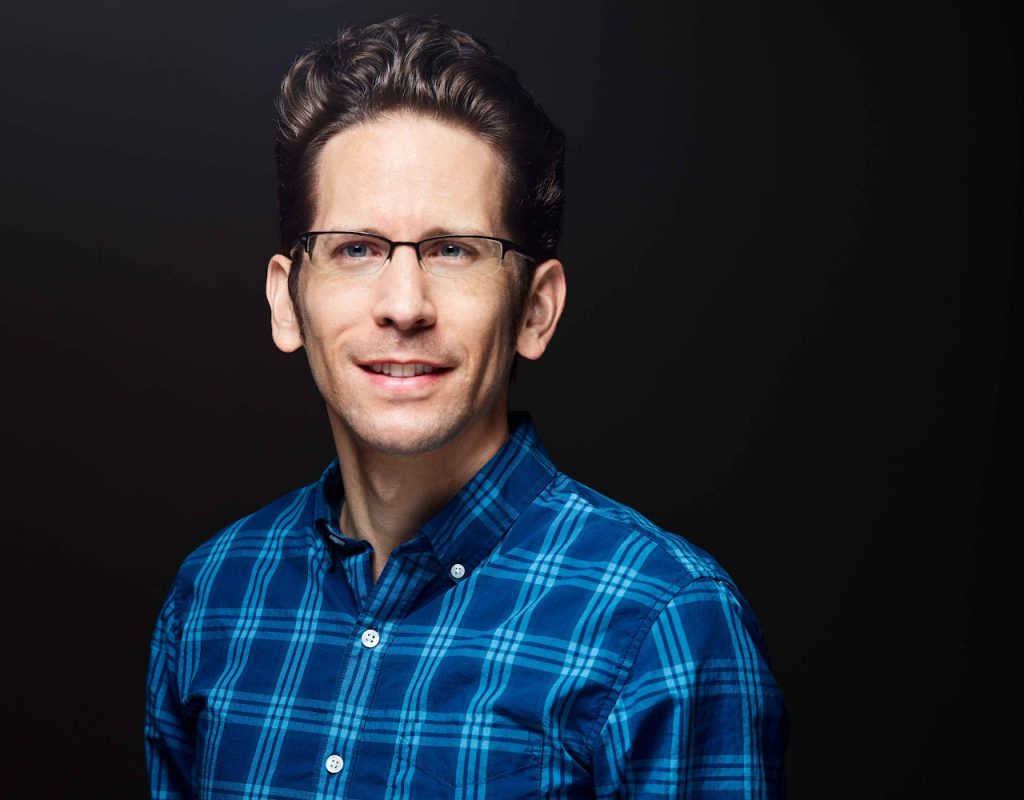
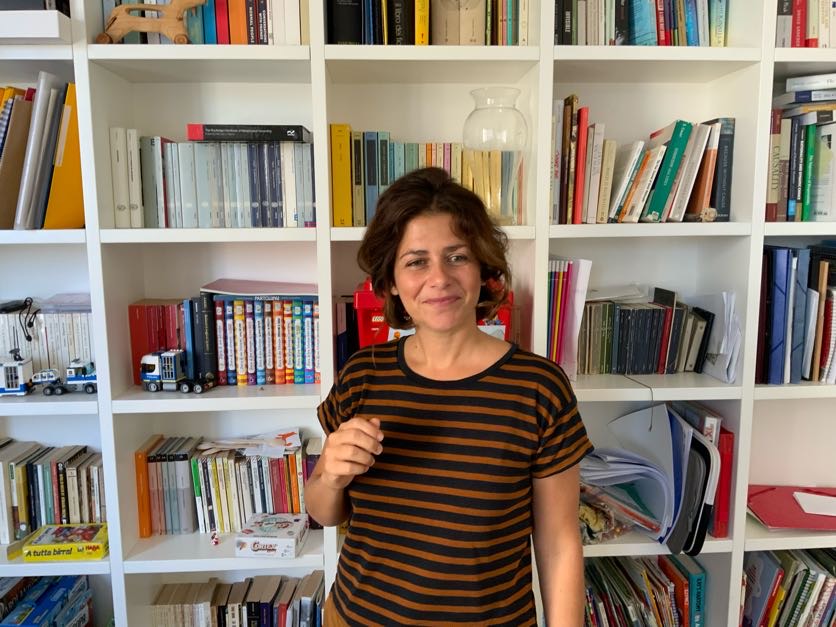
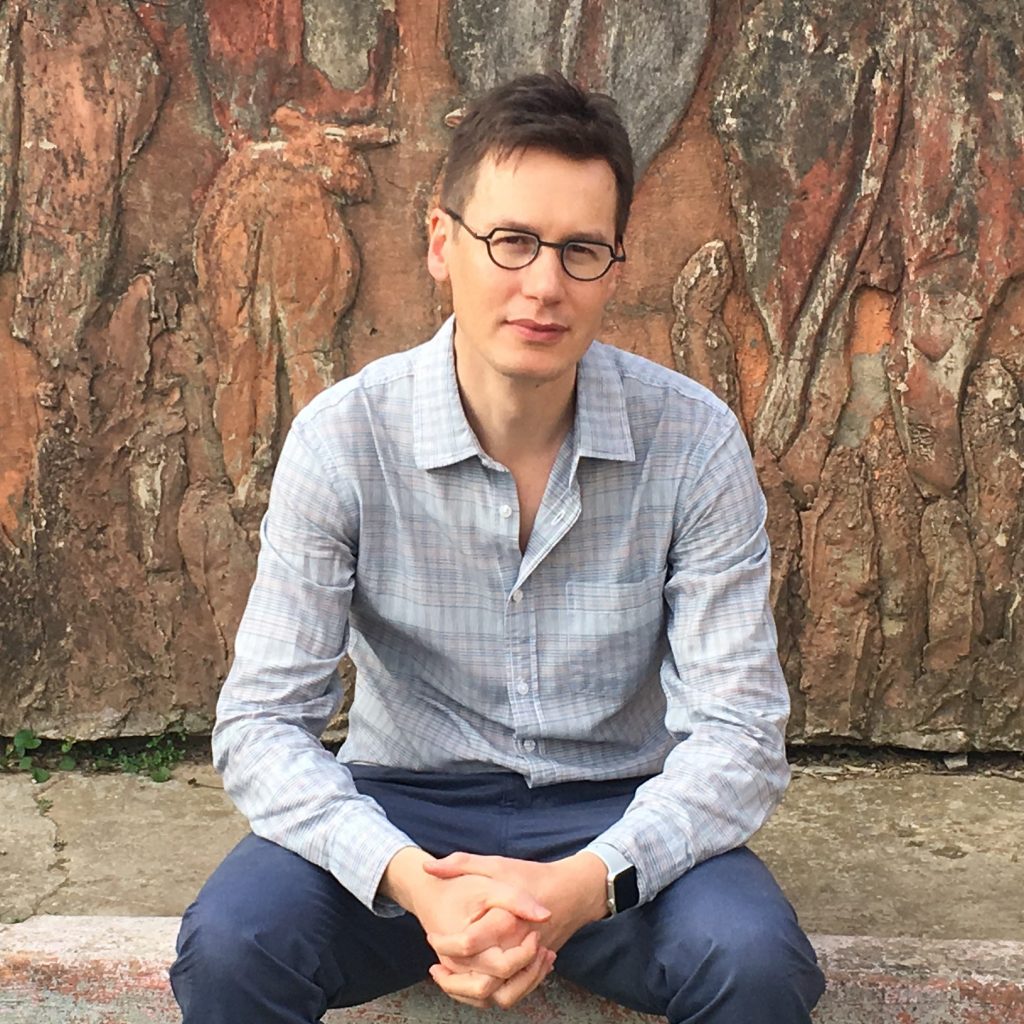
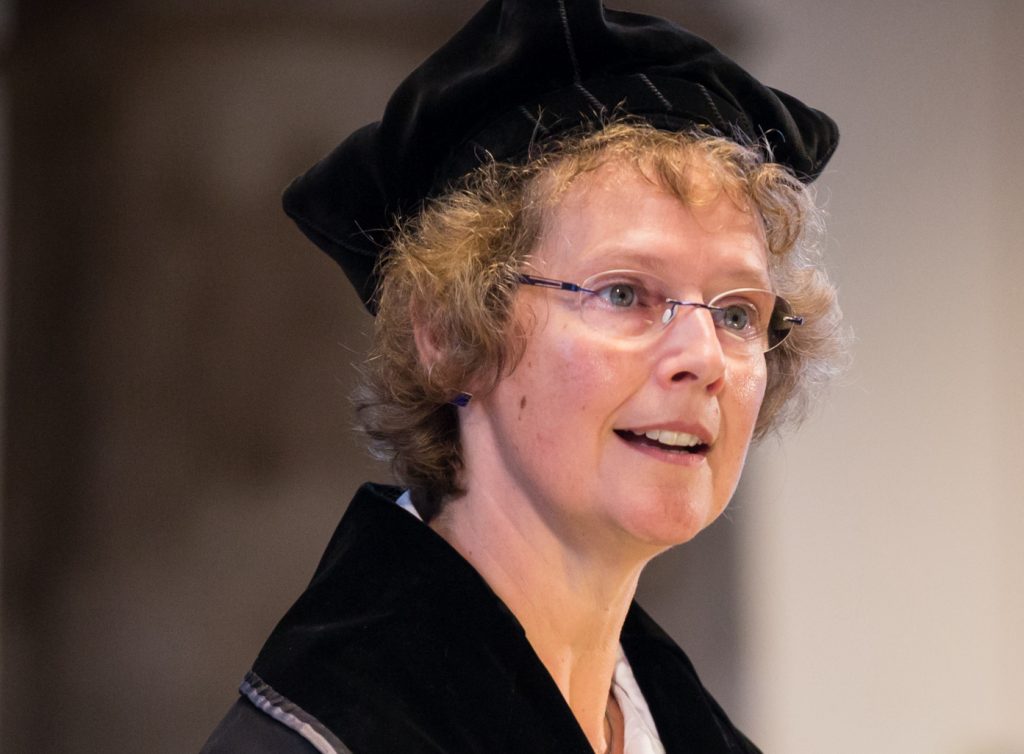
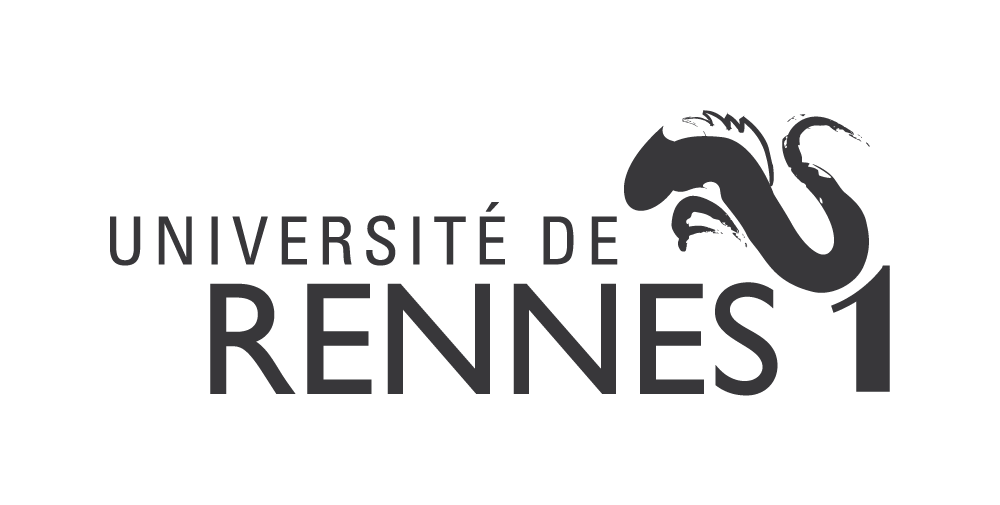

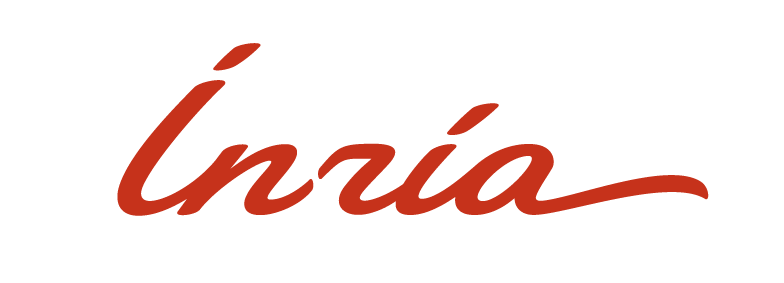
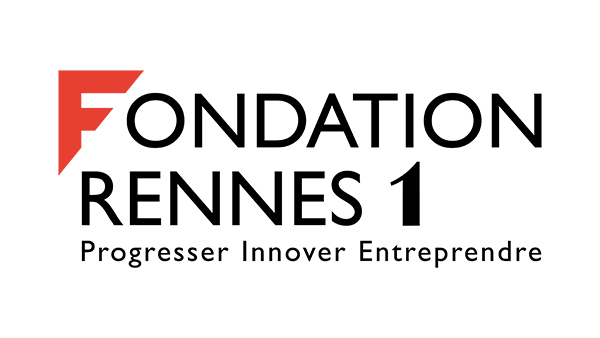


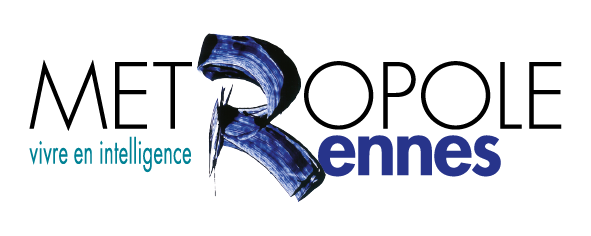

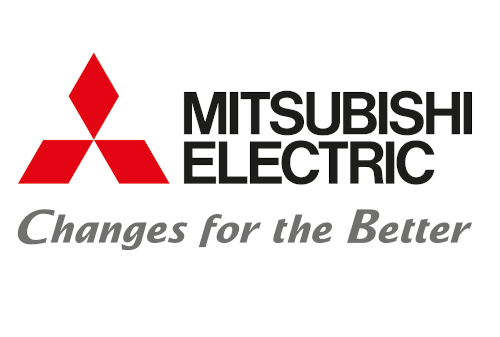

 English
English